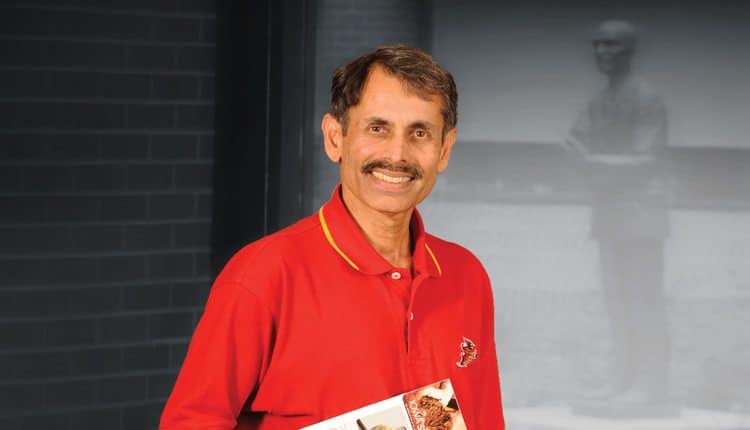Manjit Misra, director of Iowa State University’s Seed Science Center, talks to us about his love for the industry he works in and having important conversations.
Seed World: What are you reading?
Manjit Misra: “Crucial Conversations” by Kerry Patterson, Joseph Grenny, Ron McMillan and Al Switzler. Conversations are instrumental in building relationships because that is when we tell others who we are and find out who they are.
SW: Languages you speak?
MM: English, Hindi, Oriya, Sanskrit
SW: What concerns you most about the seed industry?
MM: Acceptance of and access to technology. The nature of the human mind is such that it likes to put societal needs into opposing camps. We have the biotech-versus-organic, food-versus-fuel, local-versus-global, public-versus-private … I believe that there is a third option. It begins by finding the common ground where each system can gain by the gain of the other. For this to happen, each system must be based on sound science, not emotion or politics.
SW: What are you working on?
MM: We are working on building capacity in many parts of the world. It is people that count. We have conducted programs in 80 countries on seed science, technology, systems, policies and seed industry development. The Seed Science Center has been instrumental in helping to build a seed center in Africa at the University of Nairobi in Kenya. We conducted projects on regional seed policy harmonization in many parts of the world. Recently, we have developed an online Seed Technology and Business Management degree program, the only such program in the world combining science and business acumen to generate the future seed industry leaders.
SW: What is your No. 1 hobby?
MM: Gardening is my top hobby. I love to grow flowers and my wife grows vegetables and herbs. We often work side-by-side.
SW: What research happening right now excites you the most?
MM: New technology such as gene editing. Genetic improvements will capitalize on this most advanced identification and editing technologies to alter and augment traits in plants and animals without the addition of foreign genes.
SW: Why did you choose seed as your specialty?
MM: Seeds are so beautiful. They come in all sizes, shapes, texture luster and color. They are such miracle of nature and carry inside the splendor and cycle of life. They are also the product of science and the beginning of agriculture. So, if we want to feed and fuel the world, we must begin with the seed. This is why the Seed Science Center adopted the motto: “To feed the future, we must first seed the future.”










